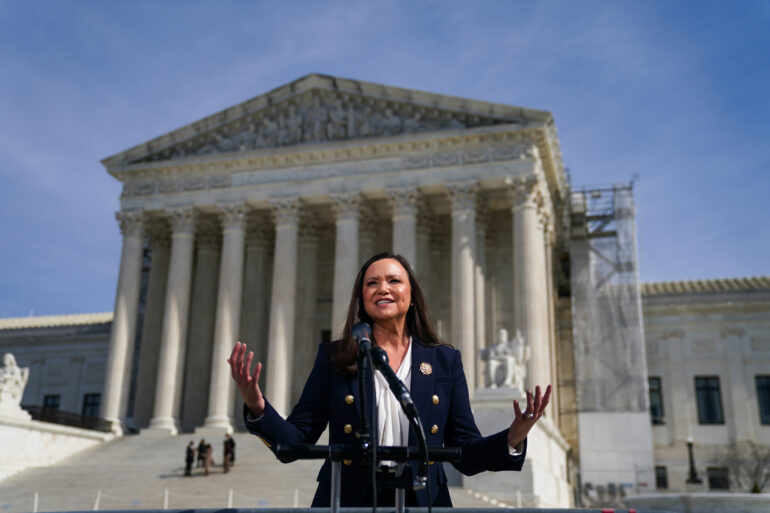The U.S. Supreme Court has sent back to lower courts the decision about whether states can block social media companies such as Facebook and X, formerly Twitter, from regulating and controlling what users can post on their platforms.
Laws in Florida and Texas sought to impose restrictions on the internal policies and algorithms of social media platforms in ways that influence which posts will be promoted and spread widely and which will be made less visible or even removed.
In the unanimous decision, issued on July 1, 2024, the high court remanded the two cases, Moody v. NetChoice and NetChoice v. Paxton, to the 11th and 5th U.S. Circuit Courts of Appeals, respectively. The court admonished the lower courts for their failure to consider the full force of the laws’ applications. It also warned the lower courts to consider the boundaries imposed by the Constitution against government interference with private speech.
Contrasting views of social media sites
In their arguments before the court in February 2024, the two sides described competing visions of how social media fits into the often overwhelming flood of information that defines modern digital society.
The states said the platforms were mere conduits of communication, or “speech hosts,” similar to legacy telephone companies that were required to carry all calls and prohibited from discriminating against users. The states said that the platforms should have to carry all posts from users without discrimination among them based on what they were saying.
The states argued that the content moderation rules the social media companies imposed were not examples of the platforms themselves speaking – or choosing not to speak. Rather, the states said, the rules affected the platforms’ behavior and caused them to censor certain views by allowing them to determine whom to allow to speak on which topics, which is outside First Amendment protections.
By contrast, the social media platforms, represented by NetChoice, a tech industry trade group, argued that the platforms’ guidelines about what is acceptable on their sites are protected by the First Amendment’s guarantee of speech free from government interference. The companies say their platforms are not public forums that may be subject to government regulation but rather private services that can exercise their own editorial judgment about what does or does not appear on their sites.
They argued that their policies were aspects of their own speech and that they should be allowed to develop and implement guidelines about what is acceptable speech on their platforms based on their own First Amendment rights.
Here’s what the First Amendment says and what it means.
A reframe by the Supreme Court
All the litigants – NetChoice, Texas and Florida – framed the issue around the effect of the laws on the content moderation policies of the platforms,…



